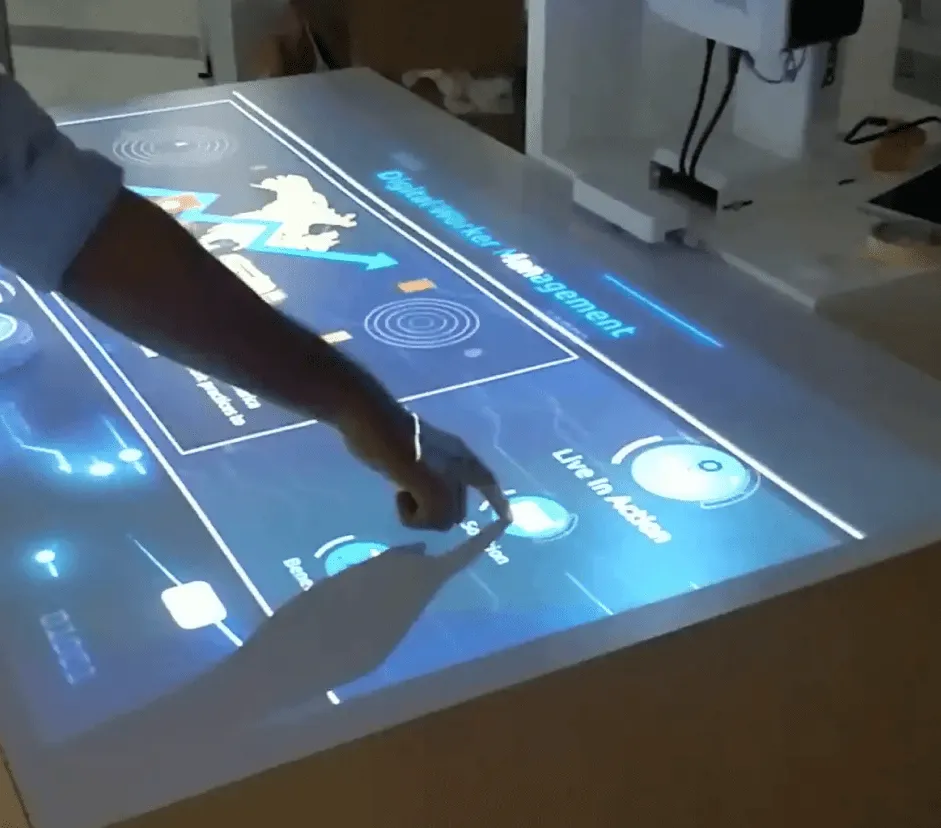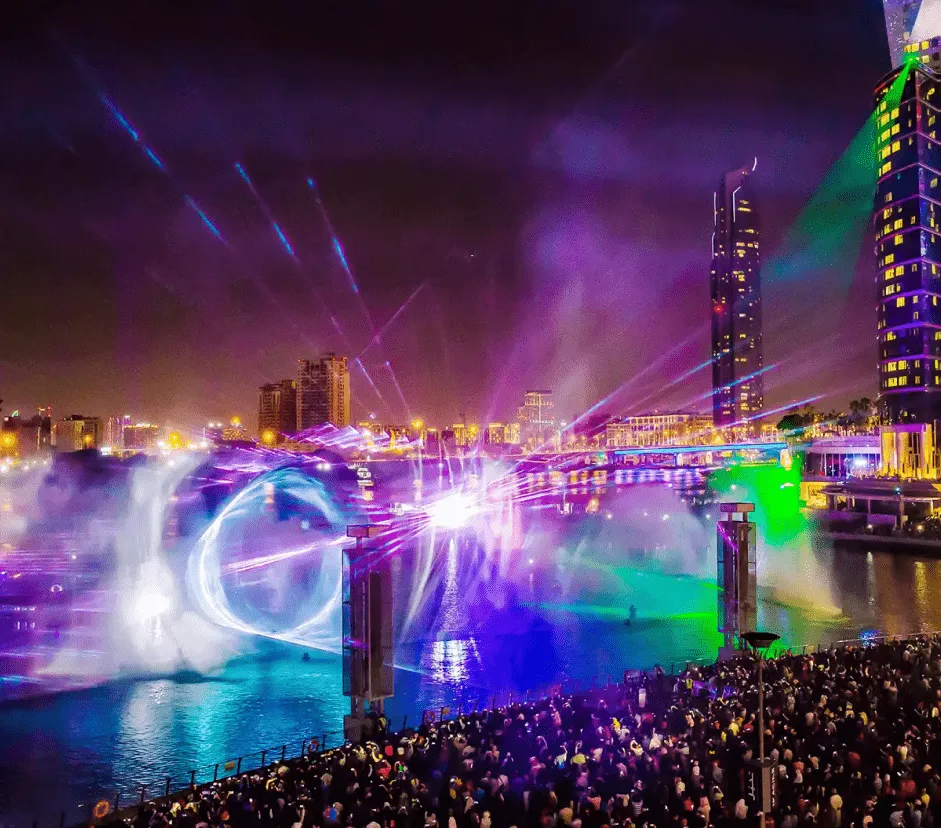What is Extended Reality Technology, and How It Is Evolving the Industry in 2024?

In the quick-paced tech world, extended reality (XR) is transforming industries and user experiences. Understanding the complexities of XR technology and its huge impact on multiple industries is essential as 2024 comes near.
Introduction
Extended reality encompasses a spectrum of technologies, including virtual reality (VR), augmented reality (AR), and mixed reality (MR). In 2024, the significance of extended reality cannot be overstated, as it continues to push the boundaries of what was once considered possible.
Understanding Extended Reality
Different Components of Extended Reality
Extended reality consists of virtual, augmented, and mixed reality, each combining digital and physical elements to create a computer-generated environment.
How Extended Reality Differs
Although mixed reality combines the real and virtual worlds to create a singular, dynamic experience, virtual reality includes a virtual setting, and augmented reality adds digital features to the real one.
Evolution of Extended Reality
Understanding the evolution of extended reality requires a journey through its historical roots and the technological milestones that have brought us to the current state. From early experiments to sophisticated devices, the evolution has been both fascinating and rapid.
Applications in Various Industries
Extended reality is revolutionizing various industries, including healthcare, education, gaming, entertainment, manufacturing, and retail, by enhancing surgeries, medical training, and transforming learning environments, thereby transforming the way tasks are performed and experiences are delivered.
How Businesses Can Leverage Extended Reality
Incorporating XR into Business Strategies
By integrating extended reality into their strategy, businesses may use it to improve staff training and consumer experiences, giving them a competitive edge and helping them remain ahead of the quickly changing technological landscape.
Key Players in the Extended Reality Industry
To understand the pulse of the extended reality industry, it's essential to be familiar with the key players driving advancements. Major companies, through collaborations and partnerships, contribute significantly to the growth and development of extended reality technology.
The Role of Artificial Intelligence in Extended Reality
The integration of artificial intelligence and extended reality is revolutionizing immersive experiences by enhancing their capabilities through intelligent interactions, personalized experiences, and predictive analytics, pushing the boundaries of immersive technology.
Consumer Adoption and Market Growth
As extended reality becomes more widely available and user-friendly, there will be a significant increase in the market for XR devices and applications, so it is imperative for developers and businesses to understand consumer acceptance trends.
Market Projections
The extended reality market is expected to experience a significant surge due to hardware advancements, increased content creation, and growing applications in healthcare, education, and entertainment, resulting in exponential growth.
Conclusion
Extended reality technology is transforming industries and user experiences, offering vast potential from immersive simulations to practical applications. As businesses adapt and consumers embrace this technology, a paradigm shift is occurring, redefining how we interact with the digital and physical worlds.
Contact Us Now:
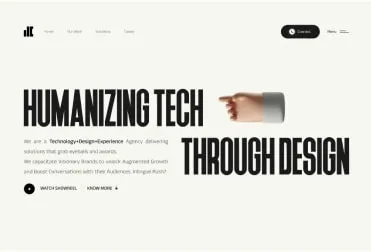
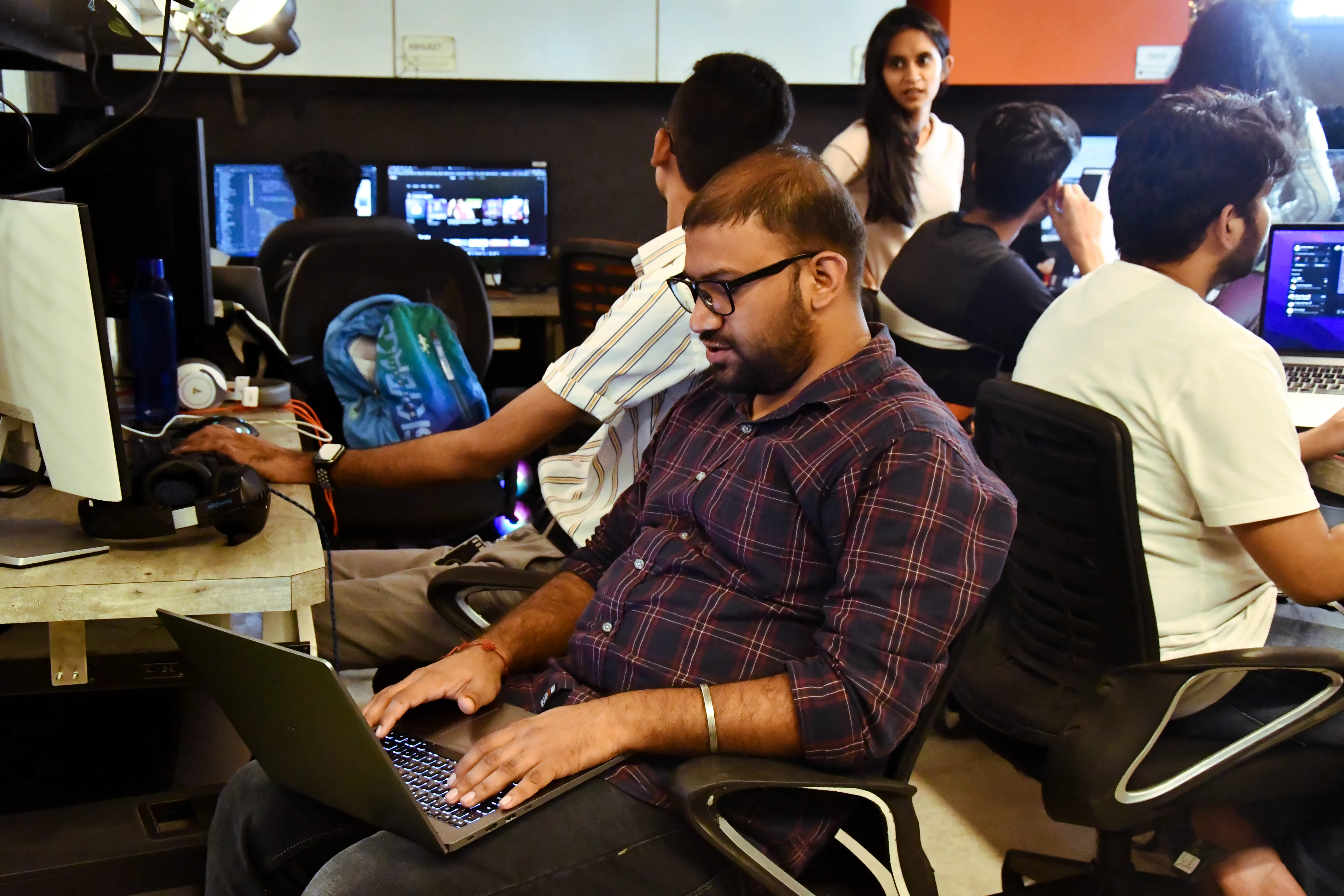
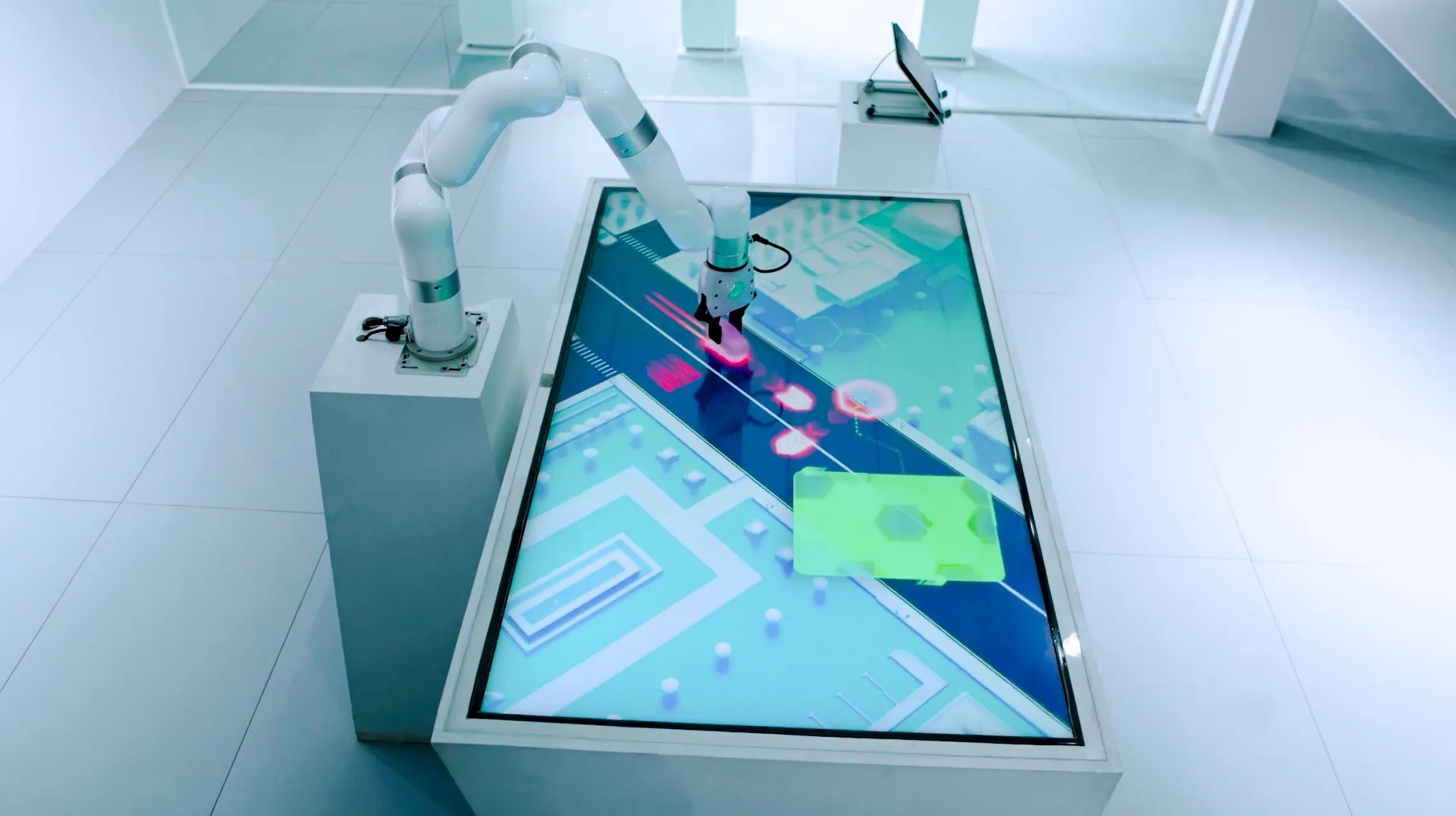

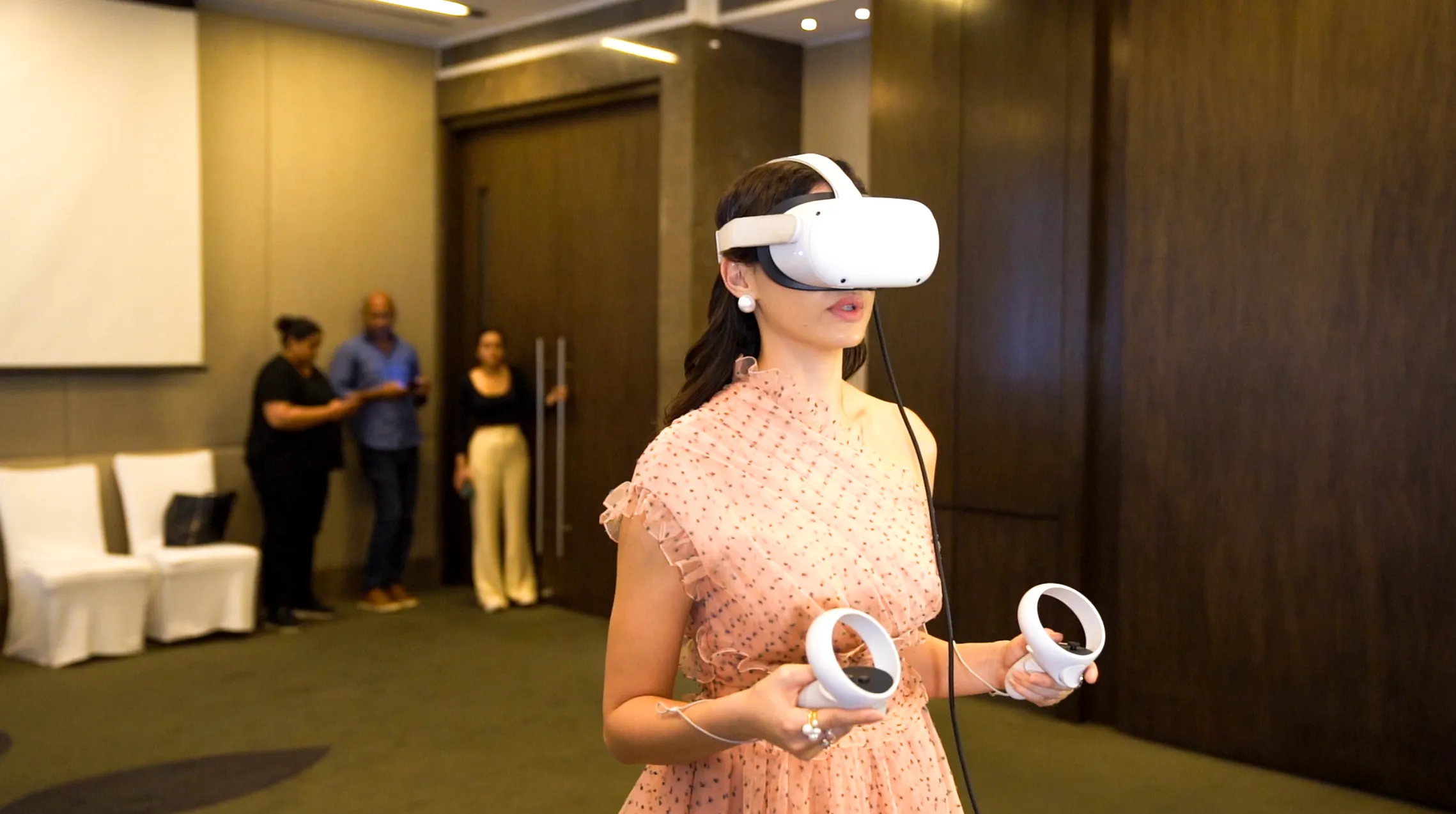

.CNhas5IL_ZqBJiz.webp)










